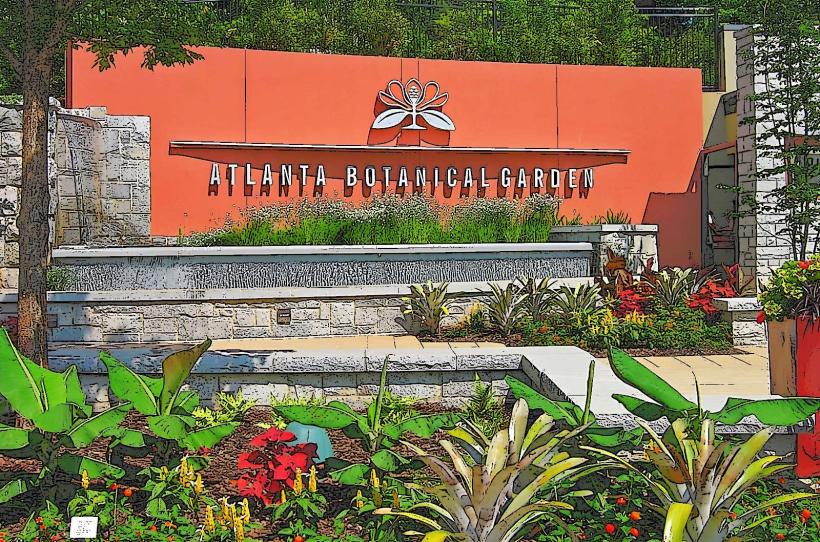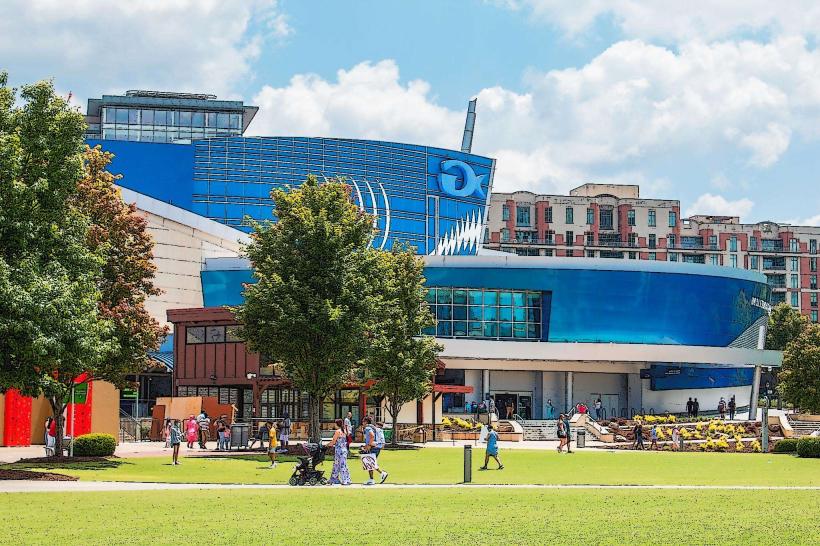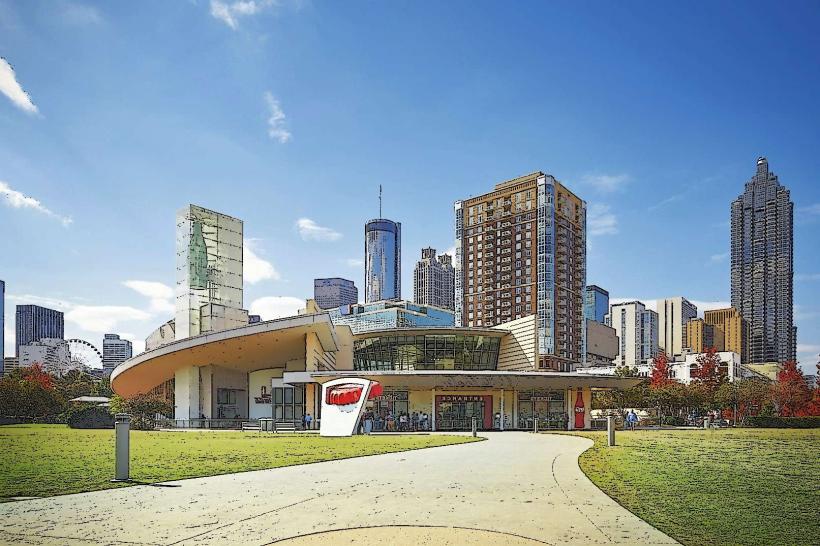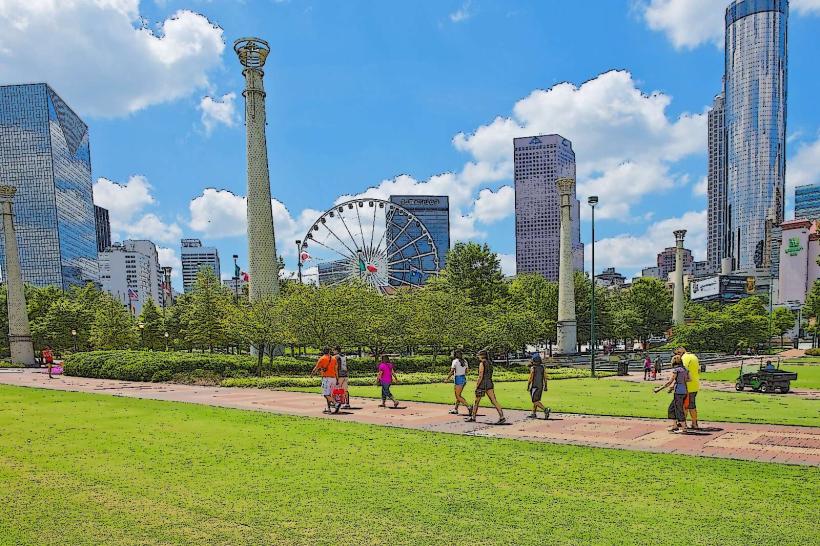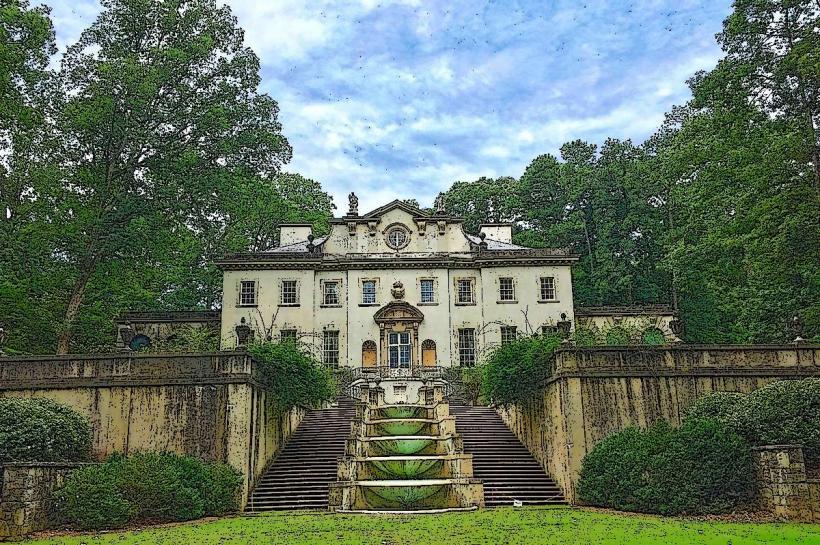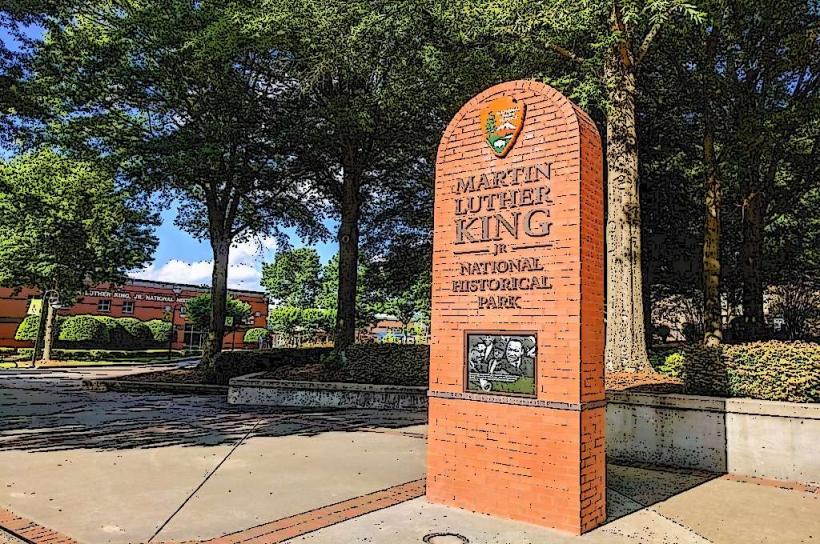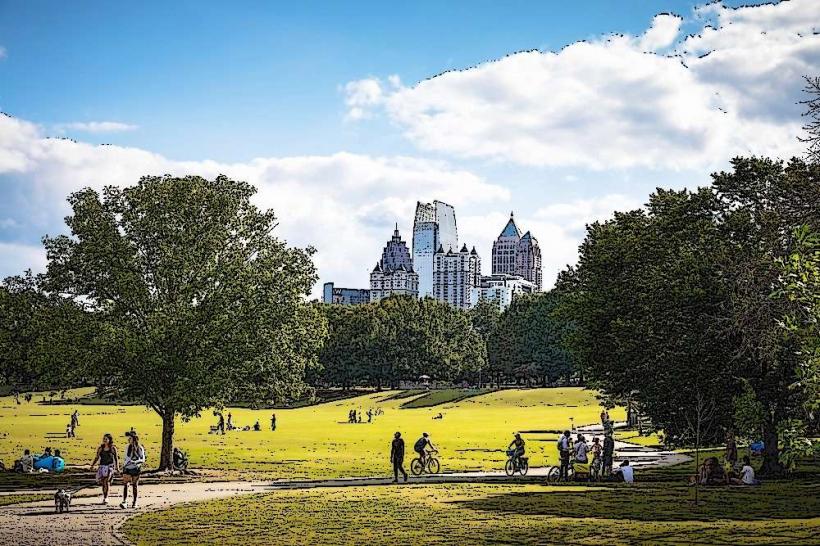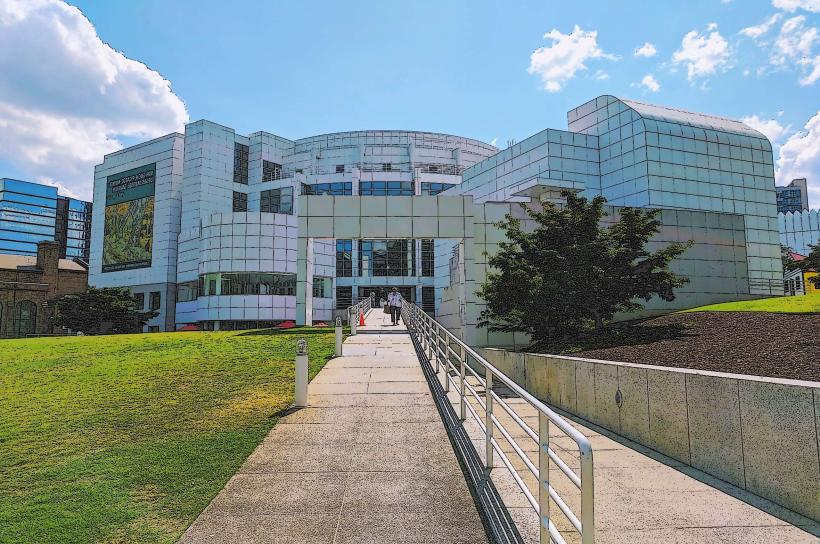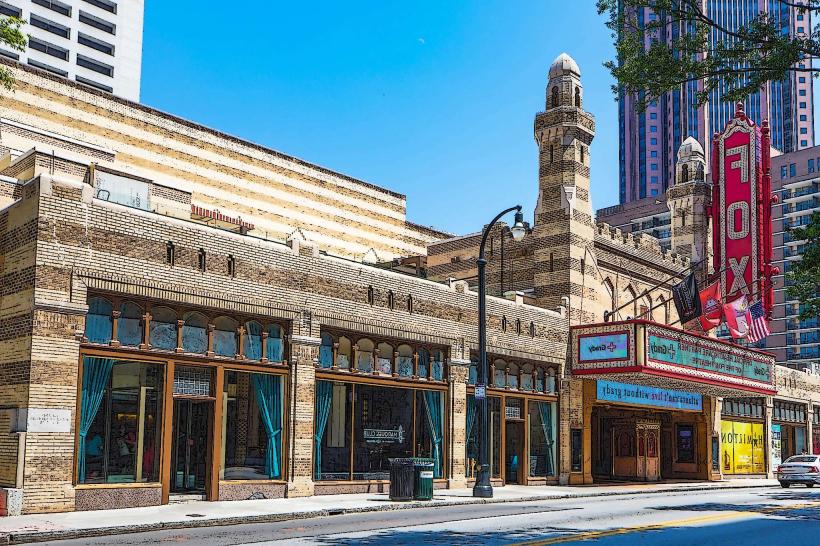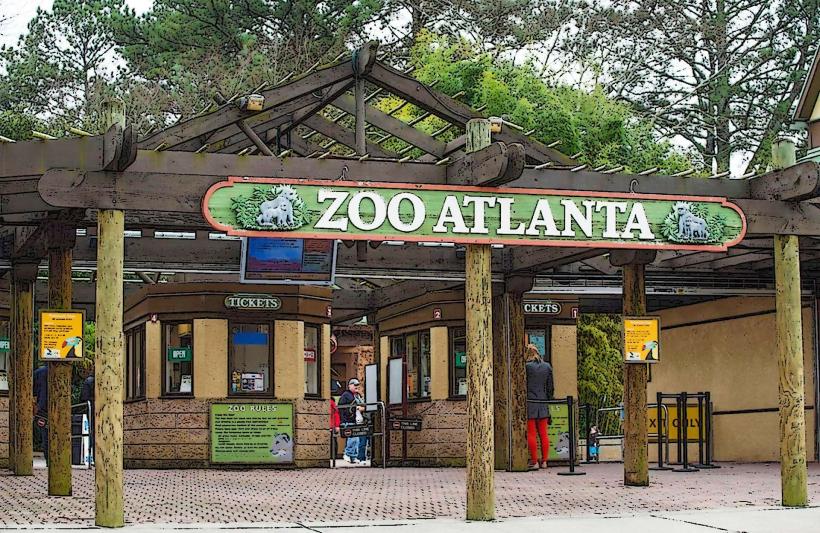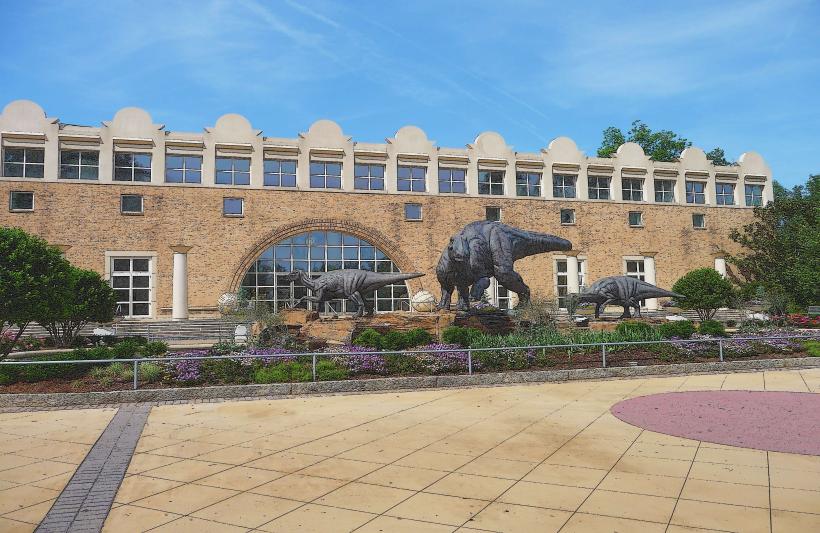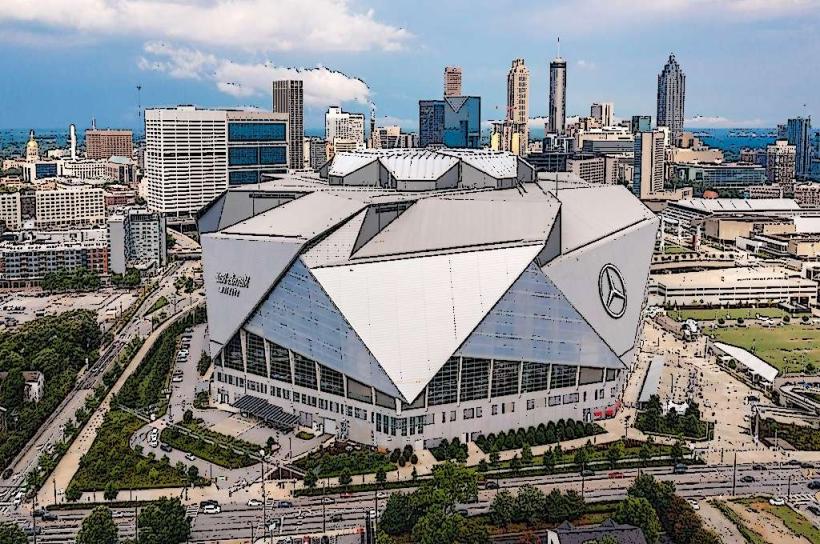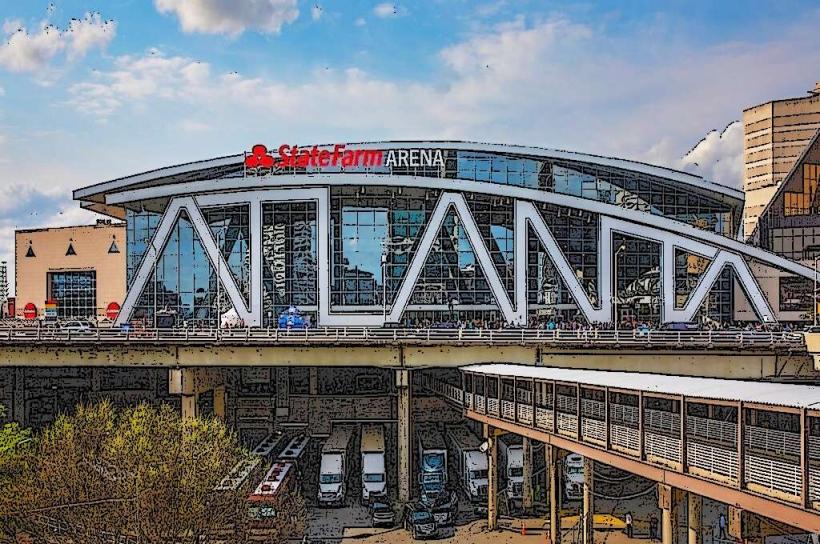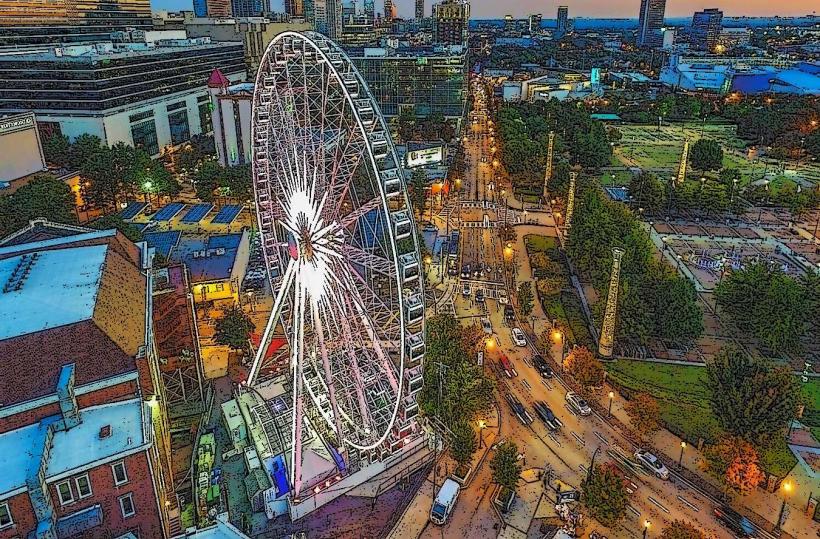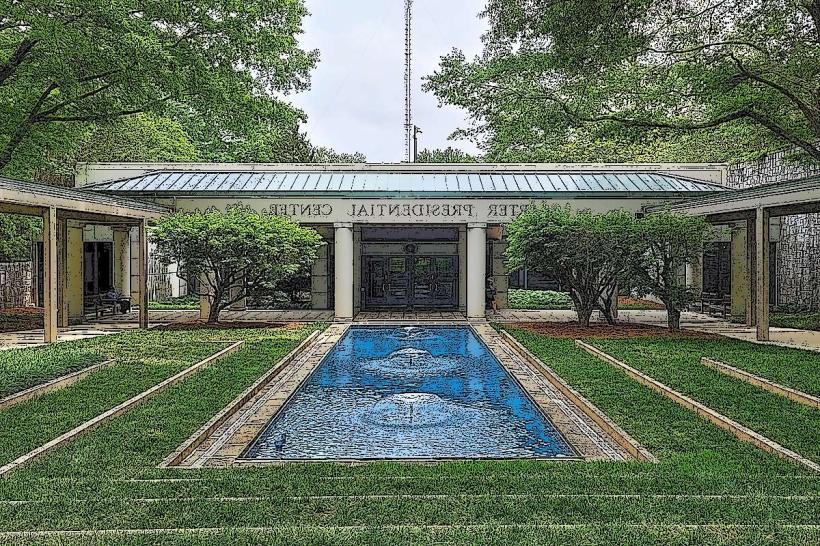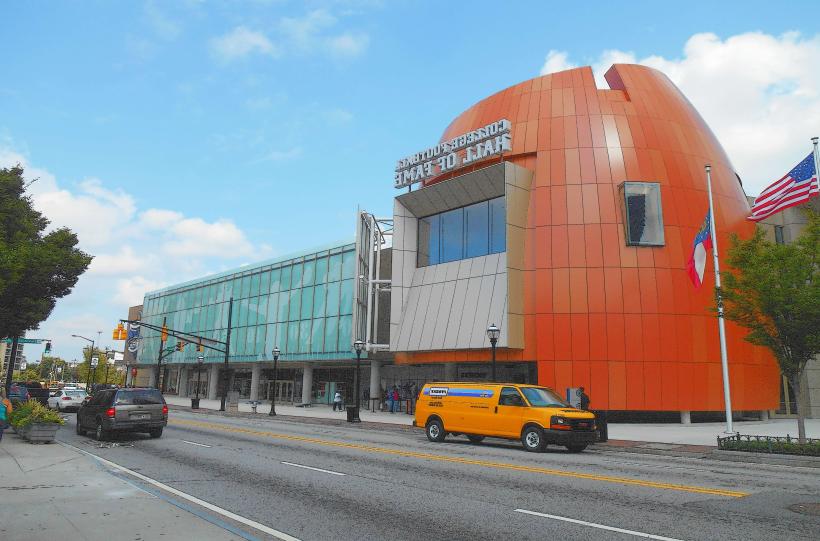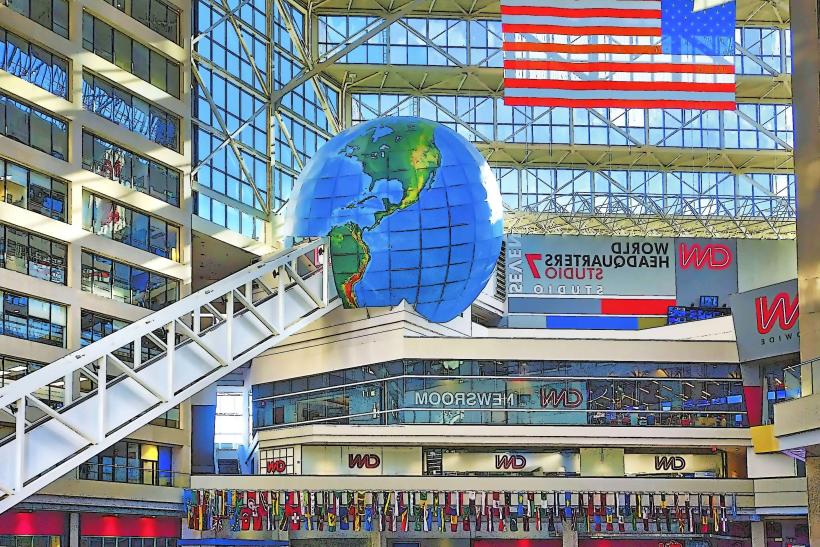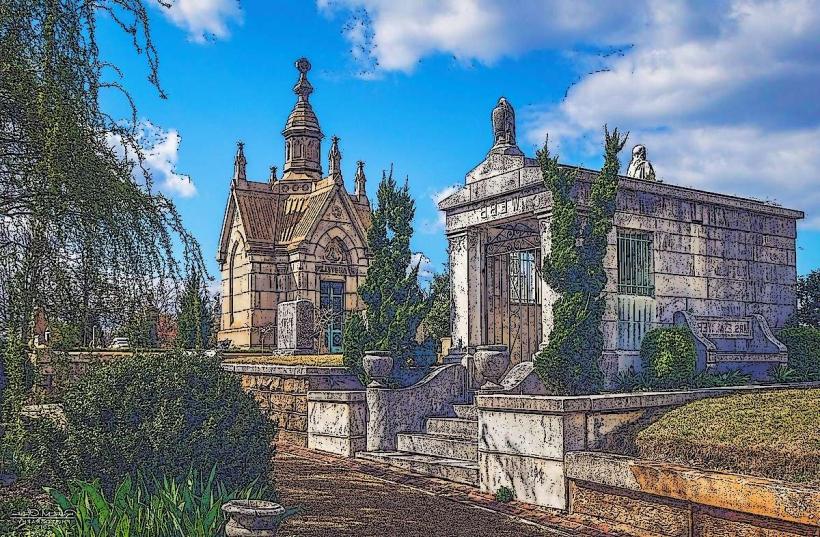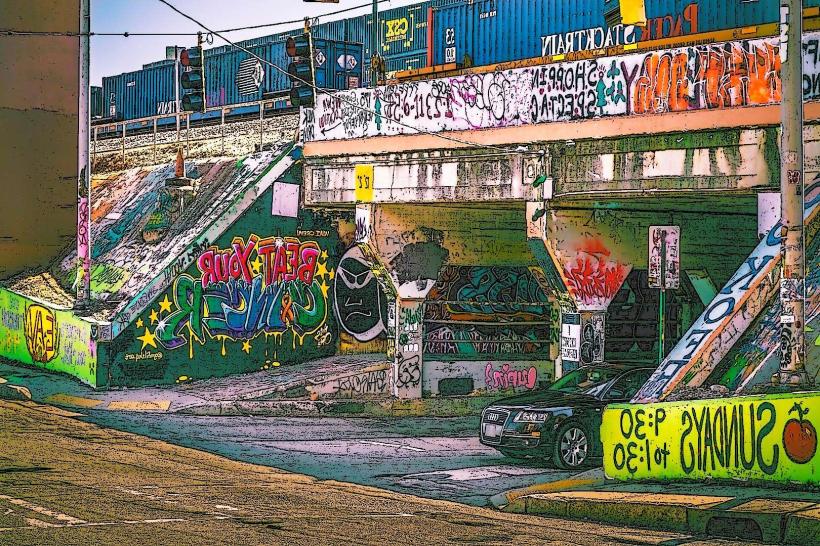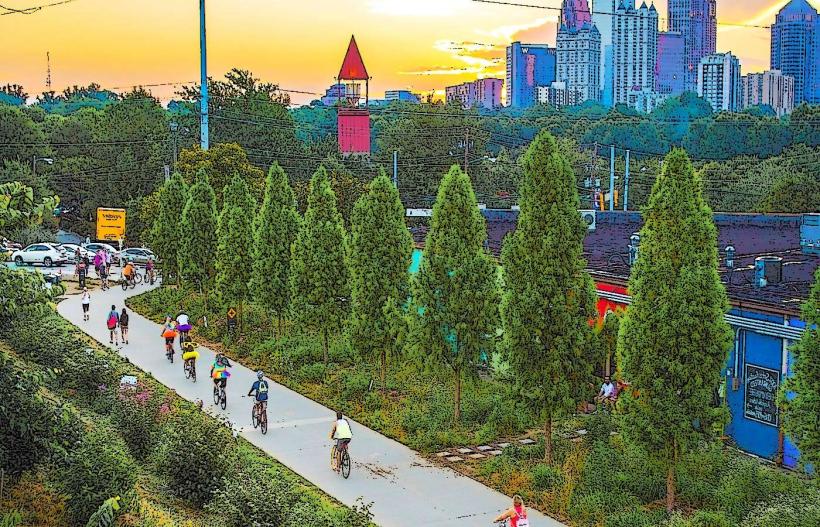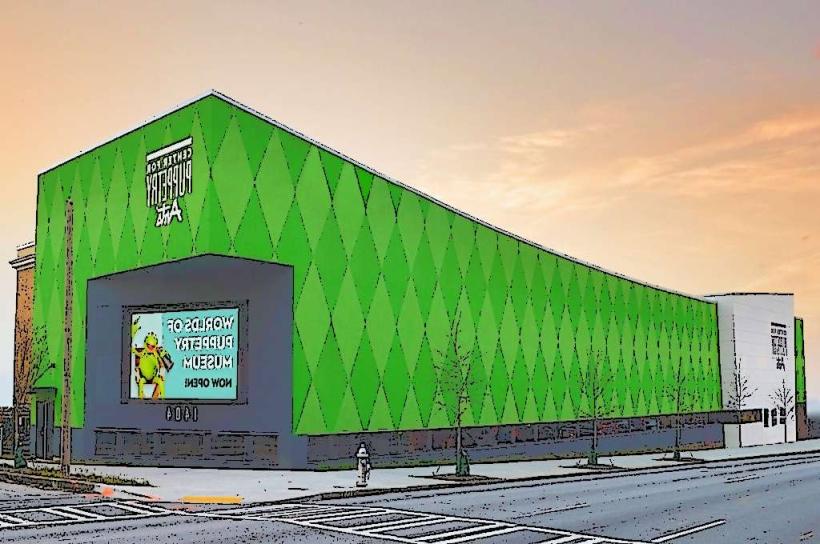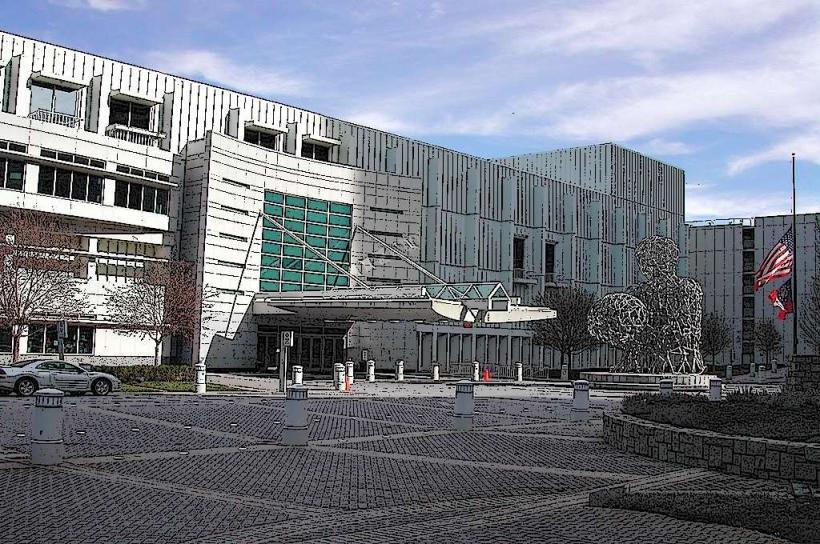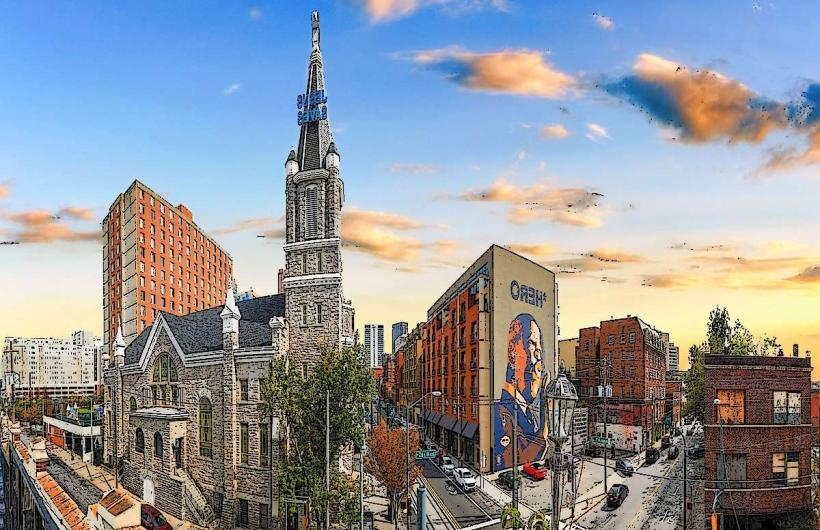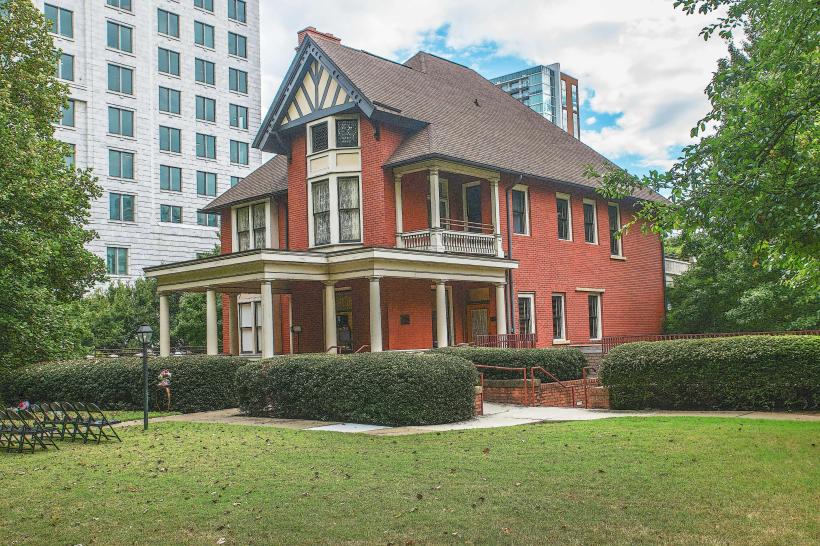Information
Landmark: Ponce City MarketCity: Atlanta
Country: USA Georgia
Continent: North America
Ponce City Market, Atlanta, USA Georgia, North America
Ponce City Market is a mixed-use development located in Atlanta, Georgia, USA. It occupies a historic building that was formerly the Sears, Roebuck & Company building.
Visual Characteristics
The structure is a large, multi-story brick building with a distinctive Art Deco architectural style. It features extensive glass windows and a prominent central tower. The exterior brickwork is primarily red, with lighter colored stone accents around window frames and cornices. The building's footprint is substantial, covering several city blocks.
Location & Access Logistics
Ponce City Market is situated at 675 Ponce de Leon Ave NE, Atlanta, GA 30308. It is approximately 3.2 kilometers (2 miles) east of downtown Atlanta. Access is available via the Atlanta BeltLine Eastside Trail. Vehicle access is from Ponce de Leon Avenue and North Avenue. Parking is available in a multi-level garage located on the north side of the building, accessible from North Avenue. Public transport options include MARTA bus lines that service Ponce de Leon Avenue. The nearest MARTA rail station is North Avenue, which is approximately 1.6 kilometers (1 mile) west.
Historical & Ecological Origin
The building was originally constructed in 1929 and served as the southeastern headquarters and retail store for Sears, Roebuck & Company. It was designed by the architectural firm of Nimmons, Carr & Wright. Its original purpose was to consolidate Sears' operations and provide a retail presence in the region. The site itself is urban land, with no specific ecological origin beyond its development as part of the city's growth.
Key Highlights & Activities
Visitors can explore a variety of retail shops, restaurants, and a food hall. The building also houses office spaces and residential units. Access to the Atlanta BeltLine Eastside Trail is a key feature, allowing for walking, cycling, and inline skating. The rooftop offers amusement park-style attractions and dining options, accessible via elevator. Guided historical tours of the building's architecture and history are sometimes available.
Infrastructure & Amenities
Restrooms are located throughout the public areas of the market. Significant portions of the market offer climate-controlled environments, providing shade. Cell phone signal (4G/5G) is generally strong within the building. Numerous food vendors and restaurants are present within the market, offering a wide range of culinary options. Additional amenities include elevators and escalators for multi-level access.
Best Time to Visit
For photography of the exterior, late afternoon light provides favorable illumination on the brickwork. Weekday mornings generally offer fewer crowds for shopping and dining. The rooftop attractions have seasonal operating hours, typically best visited during warmer months. Access to the BeltLine is year-round.
Facts & Legends
The building was once the largest brick building in the southeastern United States. A local anecdote suggests that the original Sears catalog was partially printed within this facility, though this is difficult to verify definitively.
Nearby Landmarks
- 0.8km West: Historic Fourth Ward Park (0.8km West)
- 1.2km Southwest: Oakland Cemetery (1.2km Southwest)
- 1.6km West: Fox Theatre (1.6km West)
- 2.0km North: Atlanta Botanical Garden (2.0km North)
- 2.5km Southwest: Martin Luther King, Jr. National Historical Park (2.5km Southwest)

